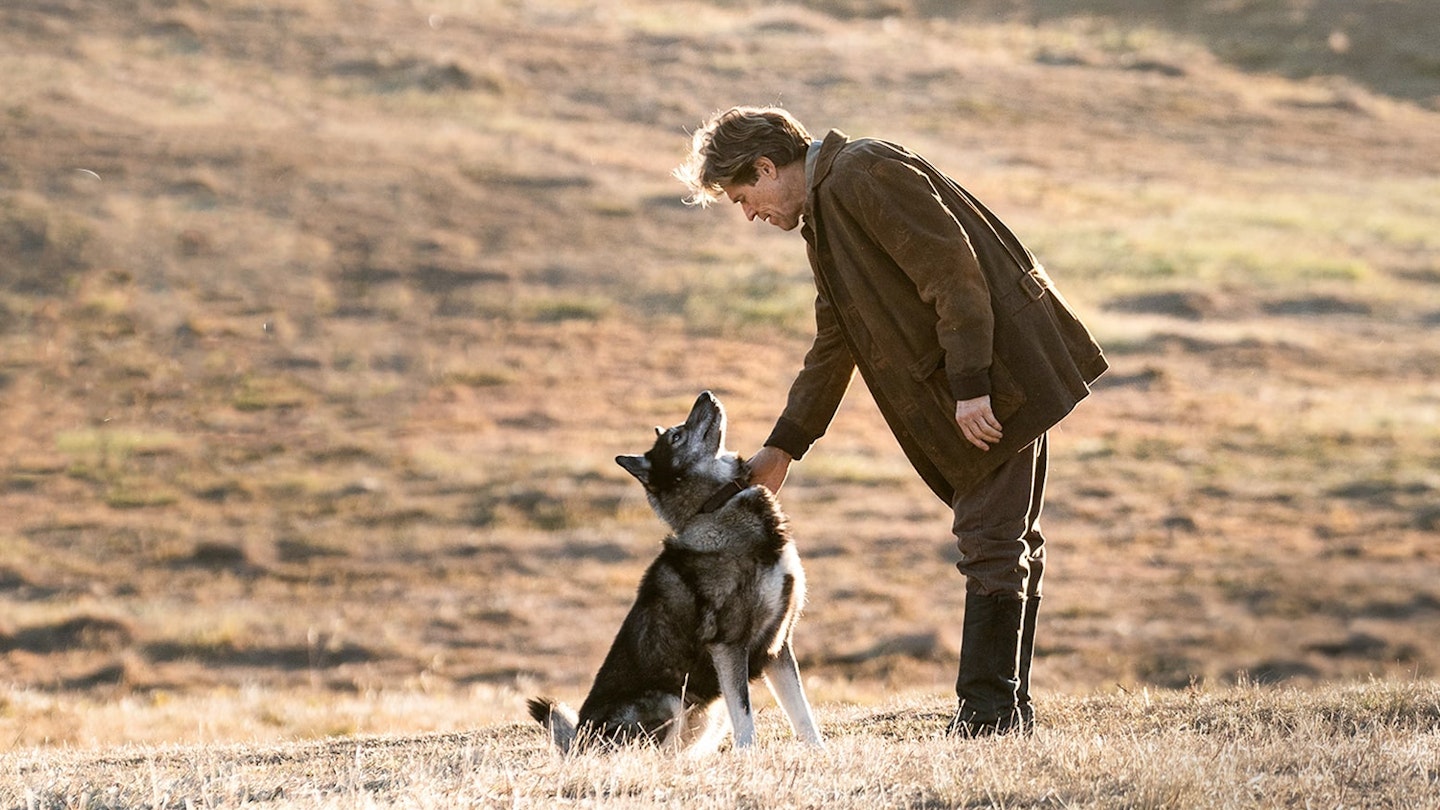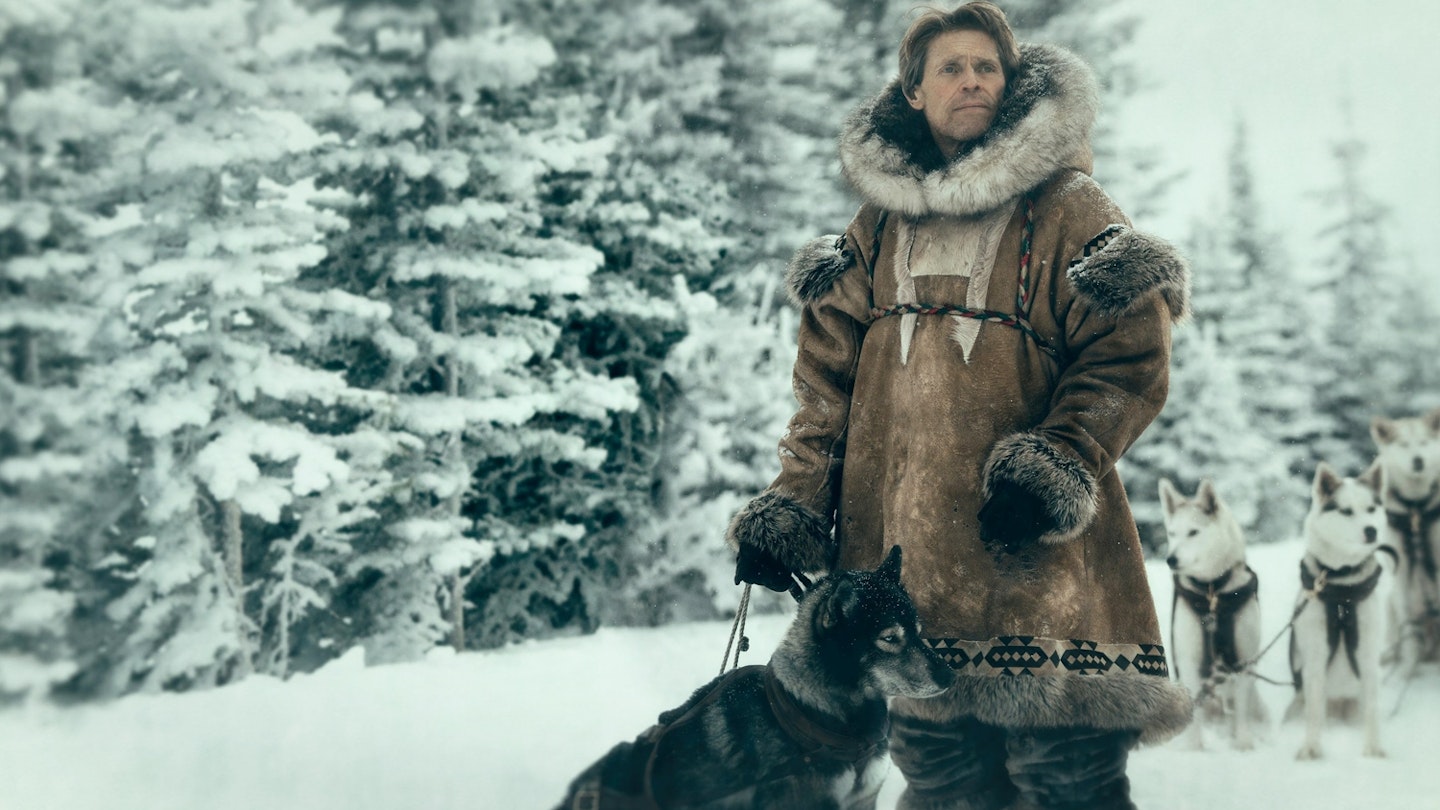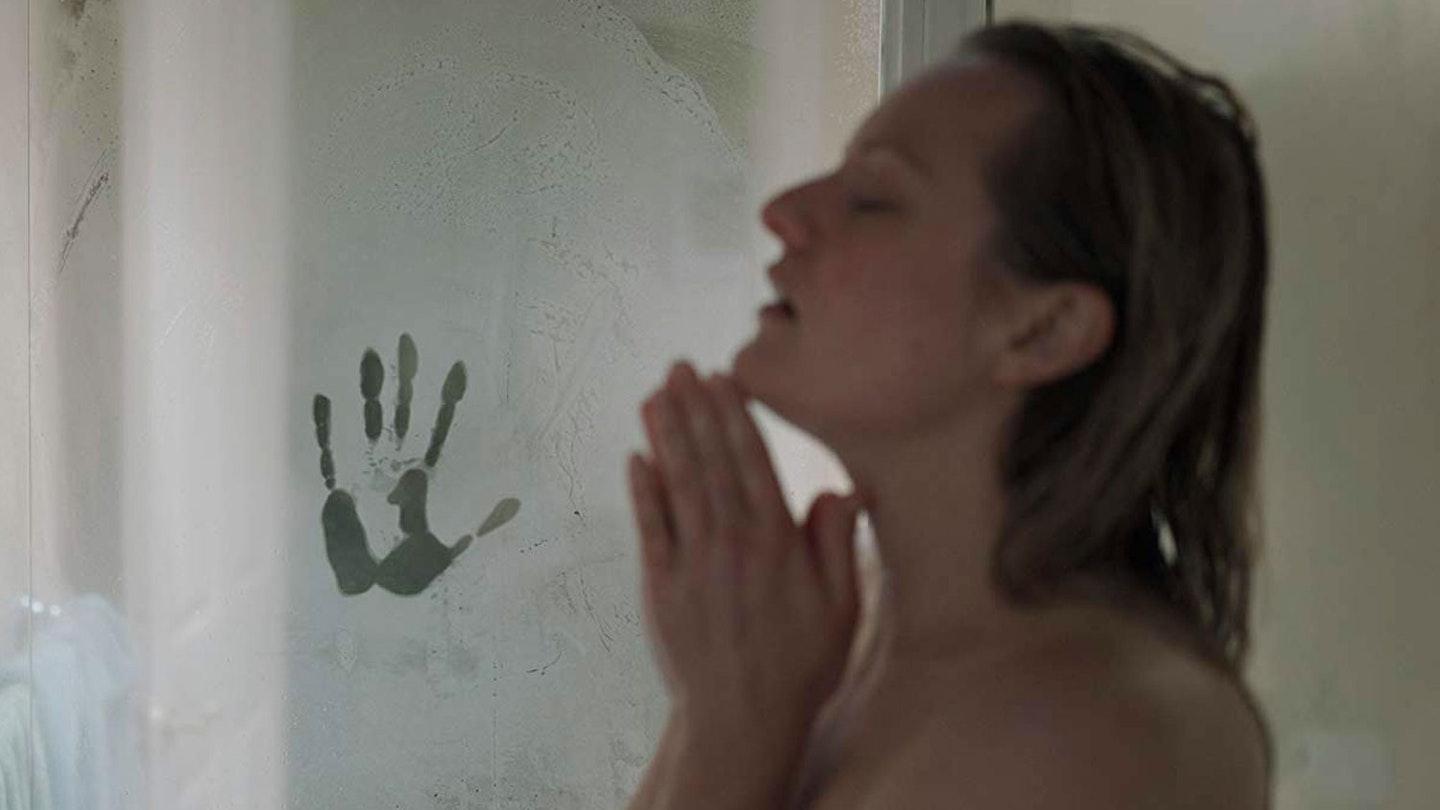You don’t get a dog sled movie for ages then two come along at once. Hot on the paws of Call Of The Wild, Togo arrives with Willem Dafoe in for Harrison Ford and real dogs replacing Terry Notary on all fours. Directed and photographed by Point Break’s Ericson Core (good name for a 90s Nicolas Cage action hero) it’s the kind of film even ten years ago would have been a regular fixture on the Disney theatrical slate but these days is getting straight to streaming ignominy. Which is a shame as there’s a lot to like about both Togo and Togo, the over-the-hill Siberian Husky who is to sledding what Eddie Izzard is to running marathons.

Ripped from US history, Togo has more of a narrative urgency than Call. In 1925, the small town of Nome, Alaska is hit by an epidemic (topical), this time an outbreak of diphtheria. The nearest anti-toxins are over 600 miles away and, with train travel impossible and aircraft delivery too dangerous, the town looks to Norwegian-American dog breeder and musher Leonhard Seppala (Dafoe, sporting a fur coat to rival Mark Morrison) to undertake the journey via sledding dogs led by his trusty mutt, 12 year-old Togo.
The film is at its best when it concentrates on the race, featuring exciting set-pieces.
So the set-up is a race against time, which makes screenwriter Tom Flynn’s decision to layer it with flashbacks to the start of Seppala and Togo’s relationship a little baffling. If there are lots of fun cute moments here — Togo burrowing under a fence to join Leonhard’s practice runs across grass; Togo running wild in the home of a new owner, Togo winning a race against the odds — the tricksy time-line serves to dissipate momentum in the A plot and feels inconsequential given we know that man and dog ultimately bond.
The film is at its best when it concentrates on the race, featuring exciting set-pieces such as Seppala and his dogs barrelling uncontrollably towards a cliff face and a perilous run across the cracking ice of the Norton Sound. Elsewhere it is the nature adventure formula as advertised; beautiful scenery, slow motion animals, and increasingly over the top ways to describe the dog (“His heart runs faster than his legs”, “Best dog I’ve ever known”). The film also gets something from Dafoe, (he reputedly learned to sled for the film) who makes his arc from Togo antipathy to Togo love believable and his scenes with Julianne Nicholson as his wife Constance, an early supporter of Togo, have a real warmth to them.
If the serum run sounds familiar, it formed the basis of Amblin’s 1995 animated feature Balto. Whereas Balto climaxes at the end of the race, Togo takes the more interesting route of adding a coda about Seppala and Togo’s continuing relationship. With Marc Isham’s string-led score coming into its own, it rounds the film on a low key but affecting note.


